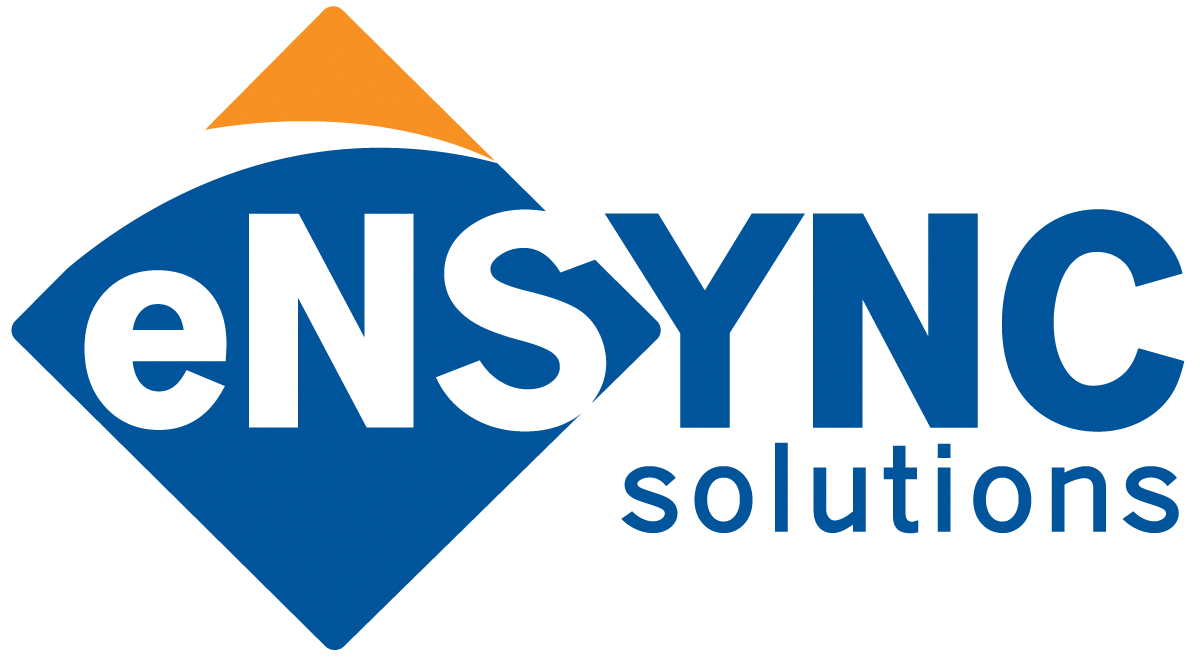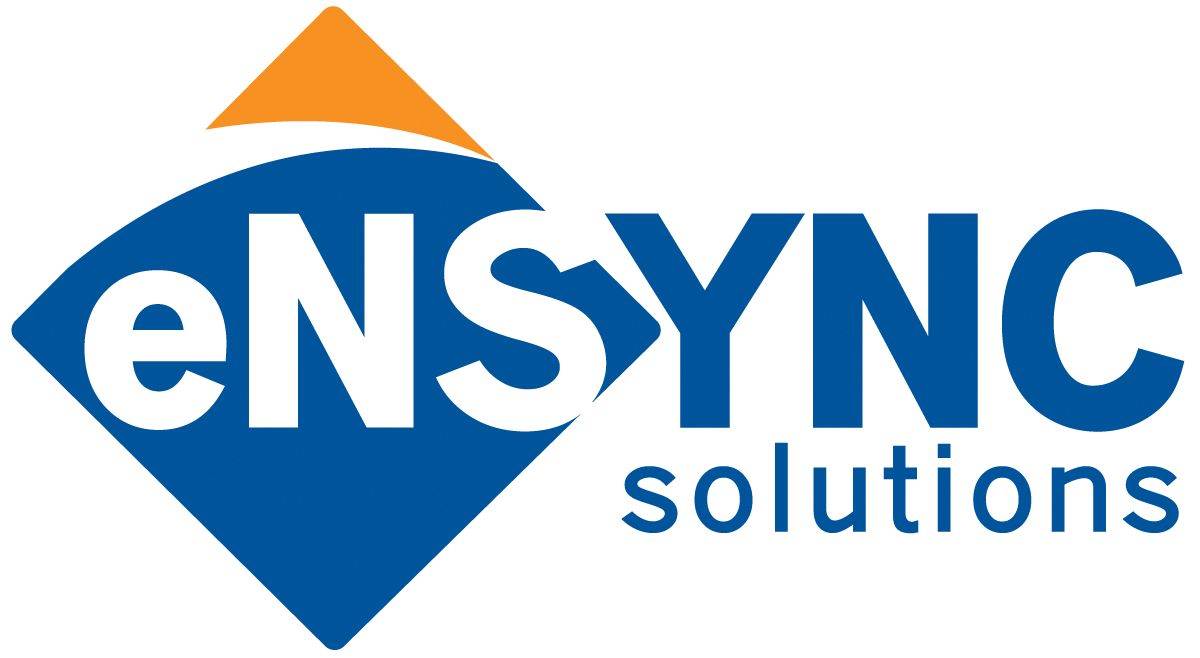Integration
Unlock the full potential of IFS ERP with eNSYNC Solutions’ cutting-edge integration services. We enable seamless connectivity between IFS ERP and your critical business applications.
Our Approach
At eNSYNC, we ensure every IFS integration is secure, scalable, and aligned with your business goals.
1. Business Analysis & Requirements Gathering
We begin by identifying the business drivers behind the integration, such as improving visibility, reducing manual tasks, or enabling automation. Our team conducts collaborative workshops and stakeholder interviews to:
- Understand end-to-end workflows across systems
- Pinpoint integration touchpoints and data dependencies
- Gather functional and technical requirements
- Define security, performance, and compliance goals
2. Solution Design & Architecture
Based on requirements, our experts design an integration architecture tailored to your infrastructure (on-premise, cloud, or hybrid). This includes:
- Selection of appropriate integration method (real-time, batch, pub/sub)
- Mapping of data fields and formats between systems
- Design of failover, recovery, and performance strategies
- Governance models for secure API access and data integrity
3. Development & Configuration
We build and configure integrations using best-in-class IFS and industry tools, including:
- REST APIs and OData: For real-time and batch-based integration scenarios
- IFS Developer Studio and Aurena: For custom events, custom fields, and UI extensions
- Middleware: Implementing services with tools such as BizTalk or custom middleware to support complex routing, transformation, or queuing logic
- Data staging areas: Used especially in cloud-hosted environments where direct access isn’t available
4. Testing & Validation
Every integration is rigorously tested across development, migration, and test environments to verify:
- End-to-end data flows
- Business logic correctness and transformation rules
- API authentication and error handling
- Performance under load conditions
- User acceptance criteria
We perform multiple passes, ensuring consistent results before going live.
5. Deployment & Ongoing Support
Deployments are carefully scheduled and monitored to avoid disruption. After go-live:
- We provide hyper-care support and rapid issue resolution
- Monitor integration performance and health metrics
- Offer enhancement opportunities as business processes evolve
- Deliver long-term support for maintaining, upgrading, or extending integrations as systems change

Our Integration Solutions

Common Integration Challenges

System Interoperability Issues – Ensuring smooth communication between IFS ERP and other platforms
Data Inconsistencies – Preventing errors and discrepancies in data exchange
Performance Bottlenecks – Maintaining system speed and efficiency
Security Risks – Ensuring secure and compliant integrations

Security and Performance Best Practices

eNSYNC follows industry best practices to ensure that your integrations are:
Secure: Using encryption, secure APIs, and strict access controls.
Reliable: Implementing real-time error handling and recovery mechanisms.
Optimized: Continuous performance monitoring to maintain speed and uptime.



